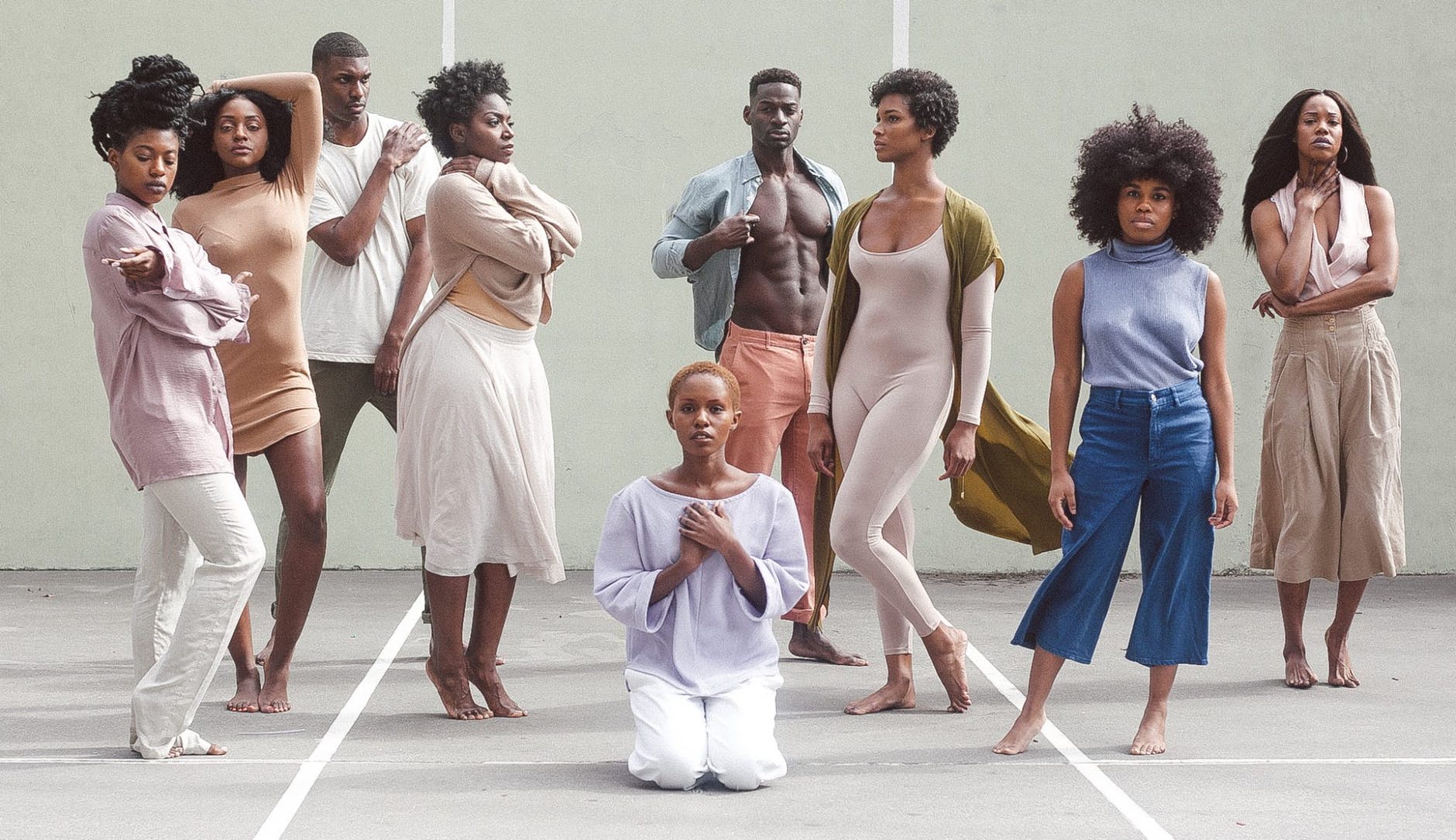Picture the scene.
An unassuming port, just north of the River Thames is usually home to dock-workers, who every day, load bulk cargoes on and off the ships that sail in. Grain, coal, gravel. Important, yet often forgotten produce.
But at this dock, today – the 22nd June 1948 – something different to the monotony is occurring.
In the not-so-far distance, a passenger liner can be spotted coming over the horizon.
People dressed in their finest clothing – suits, wide-brimmed hats, well-pressed shirts, finely-ironed skirts – can be seen hanging over the edge, waving at the crowds who are gathering on the shore.
As the boat draws closer to the Tilbury Dock, you can make out a name, emblazoned in large black writing across the ship’s hull.
Empire Windrush – London.
Many would assert that modern Black British history began with the Windrush Generation – Caribbean immigrants who were invited to the United Kingdom after the Second World War, keen to return to the ‘mother country’ that had formed an integral part of their education in the islands, the British colonies. Many would also assert, and correctly so, that their reception was less than welcome. Doors slammed in their faces, many refused lodge and employment, and of course, the infamous ‘No Blacks, No Dogs, No Irish’ signs which have now become indicative and symbolic of life in Britain in the era.
Considering the backdrop of Black British history, taking the experiences of their forebears, and utilising the many achievements made by black people – often despite the overt racism they had to face – Black History Month was first conceived in the United Kingdom in 1987 by Akyaaba Addai-Sebo, an influential member of the Greater London Council, to reflect the illustrious Caribbean and African culture that could be celebrated in Britain, as opposed to solely across the Atlantic.
For the last 31 years, Black History Month has rolled around every October, and serves as an internationally recognised commemoration of Black history, achievement and talent.
However, this October, Black History Month has brought forward significant controversy, or rather, a London council’s actions have brought the celebratory month into question, and indeed, the mainstream press.
Wandsworth Council faced criticism on social media and in the news after the decision was made to ‘rebrand’ Black History Month as ‘Diversity Month’, something which the borough states: “reflect[s] the fact that…by celebrating diversity and inclusiveness in this way, we are able to bring all our communities closer together.â€
The borough stands by its decision to celebrate its ‘Diversity Month’, which it has been doing so since 2014, going on to state that it is ‘proud’ to celebrate the achievements of ‘all’ diverse communities.
Whilst efforts to recognise diversity would be otherwise admirable, in the context of Black History Month, they are entirely inappropriate and reflect a somewhat insidious desire often too present within many organisations to sideline black history and culture.
When thinking about Black British history, the Windrush generation is at the pinnacle. This same generation who courageously travelled thousands of miles into the unknown, 60 years ago, has been splashed over every front cover of every national newspaper in the last year, for the reason that many are being unjustly cheated out of the citizenship that was rightly theirs in the first place, the citizenship and the residence that the British government invited them to take. It is fair to argue that in cases like these, the slow, sly striking out of Black British culture is happening under our very noses. The history of Black History Month therefore makes its celebration in the present even more pertinent. If black history is erased in favour of an All Lives Matter approach, one cannot help but wonder: what will be next on the chopping block?
It would be very easy to adopt a ‘Diversity’ approach if there was a collectively understood knowledge of the struggles black people faced, and still encounter to this day. But there isn’t. When the history books are written, far too often, the names of black contributors are smudged out, ‘accidentally’ forgotten, a convenient footnote on the page of the world. The British curriculum often fails to include black history, unless the name is Martin Luther King Jr., Rosa Parks or Malcolm X. It is for this reason, amongst so many others, that black people decided to take their history into their own hands, bringing awareness to their cultural backgrounds and pasts.
In a year with 12 solid months, it seems all too convenient that black history becomes the butt of the joke, the thing to be left at the bottom of the barrel, the discarded toy that was once fun to play with until something new and shiny came along in its place.
The truth of the matter is Black History Month should not be necessary. Neither should Diversity Month. Black history should be celebrated 24/7/365, it should form a standard part of the history lessons we endure, it should be deeply ingrained within the moral fibre of this country.
But it isn’t.
So, whilst we should ultimately make attempts to move on from a specific month where black history appears to be compartmentalised, we cannot do so until this country collectively recognises and acknowledges its often stained past, and turns away from putting its fingers in its ears and hoping it will all just go away.
A celebration of diversity is key to any thriving and decent society. But when it exists at the expense of black history, specifically when it is not required to, we are all poorer as a result.
KCLSU celebrates Black History Month this October.















